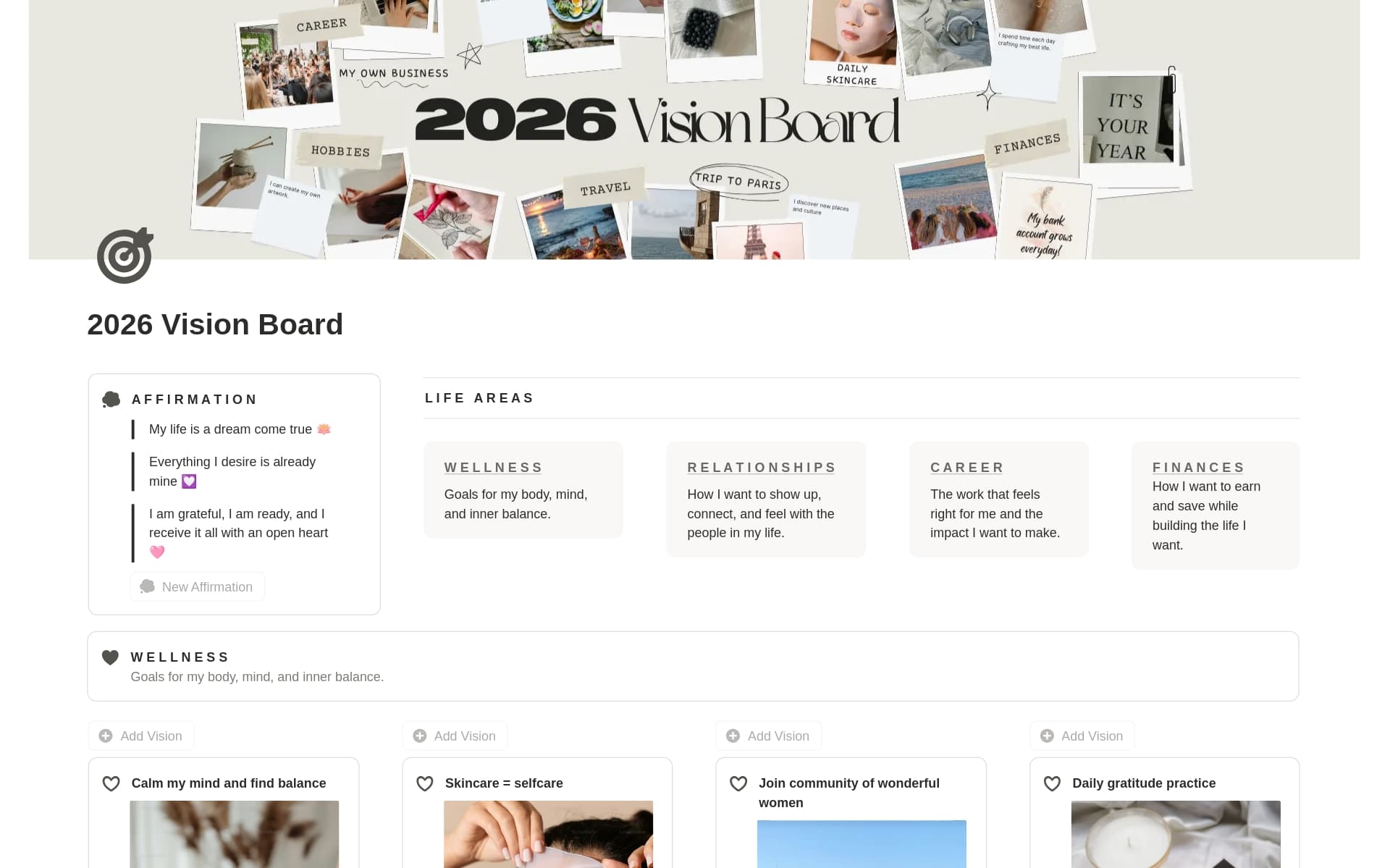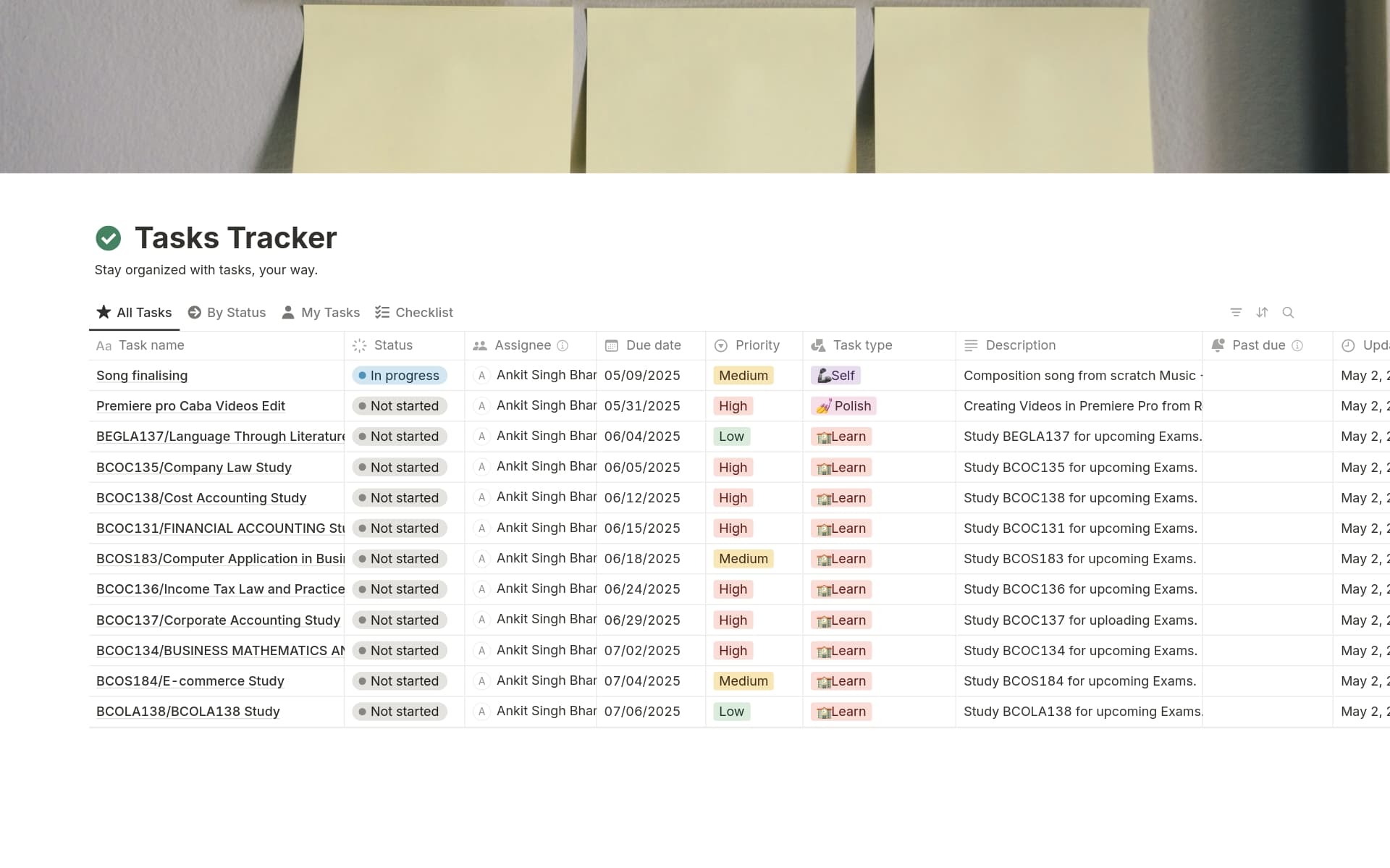Gather user insights with ease by using our User Interviews templates. Instantly record valuable feedback from surveys and focus groups, and stay organized with automated tags and categories.
What Should User Interviews Templates Include?
Choosing the right User Interviews template in Notion can streamline the process of gathering and organizing feedback effectively. Here are some key components to look for:
Structured Question Sections: Ensure the template has distinct sections for different types of questions. This helps in maintaining the flow of the interview and ensures that all necessary topics are covered.
Participant Information Fields: A good template should include fields to record details about the interviewee, such as their background, contact information, and any other relevant notes. This is essential for organizing data and follow-ups.
Observation Notes Area: Look for a template that provides a dedicated space for observational notes separate from direct interview questions. This helps in capturing non-verbal cues and other insights during the interview.
Follow-Up Actions: A section for noting down actions required after the interview can be very beneficial. This might include tasks like sending thank you emails, scheduling second interviews, or reviewing the collected data.
With these components, a User Interviews template in Notion can greatly enhance the efficiency and effectiveness of your data collection, ensuring you get the most out of your interactions.
What Should User Interviews Templates Avoid?
Choosing the right User Interviews template in Notion can streamline your research process significantly. However, some features might complicate or hinder your workflow rather than help it. Here are a few elements to steer clear of:
Overly Complex Structures: Templates with too many nested pages or intricate linking can be confusing and reduce efficiency. Simplicity often yields better results.
Generic Content: Avoid templates that do not allow easy customization for specific user interview questions and data fields. Tailoring is key to obtaining useful insights.
Fixed Question Sets: Templates that restrict you to a predefined set of questions can limit the depth and flexibility of your interviews. Opt for templates that allow question modifications.
Ultimately, the best template is one that complements your interviewing style and adapts to the specific needs of your project, enhancing both the process and the quality of the insights gathered.




